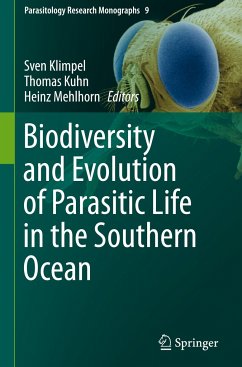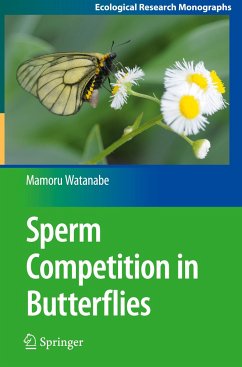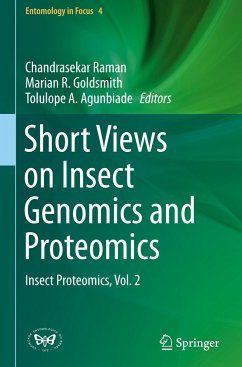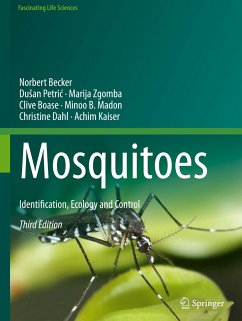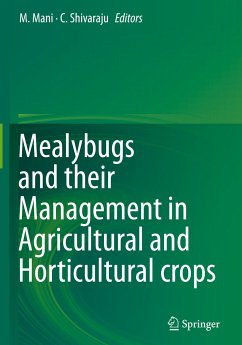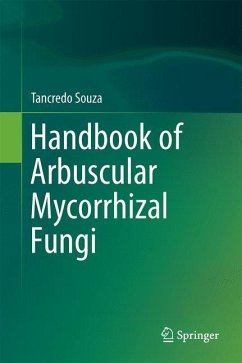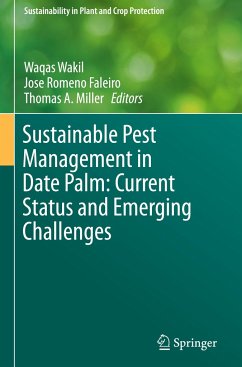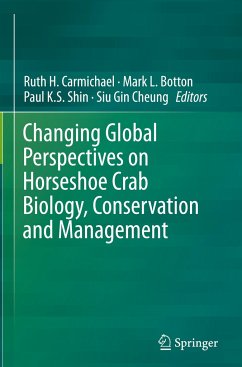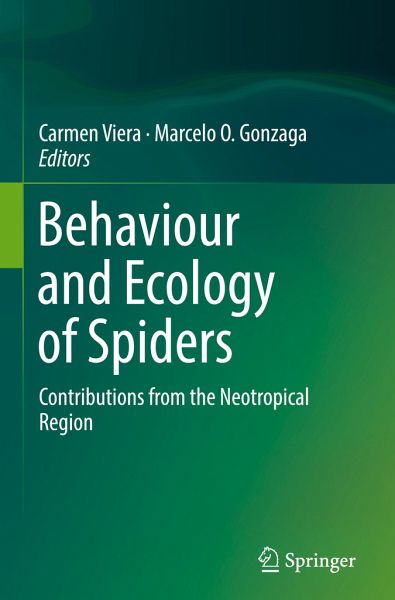
Behaviour and Ecology of Spiders
Contributions from the Neotropical Region
Herausgegeben: Viera, Carmen; Gonzaga, Marcelo O.

PAYBACK Punkte
68 °P sammeln!
Within the last few decades, arachnology in the Neotropical region has experienced a great development filling the knowledge gap in one of the most diverse regions of the world. Nevertheless, large geographical areas remain poorly sampled, especially within the Amazon, and new genera and species have been continuously discovered, even in urban areas. In congruence with the recent improvements in research, several aspects of the ecology, behaviour and natural history of spiders, such as interactions with other predators and parasitoids, social interactions, dispersal patterns, habitat requireme...
Within the last few decades, arachnology in the Neotropical region has experienced a great development filling the knowledge gap in one of the most diverse regions of the world. Nevertheless, large geographical areas remain poorly sampled, especially within the Amazon, and new genera and species have been continuously discovered, even in urban areas. In congruence with the recent improvements in research, several aspects of the ecology, behaviour and natural history of spiders, such as interactions with other predators and parasitoids, social interactions, dispersal patterns, habitat requirements, mating behaviors, among others, are being carefully investigated. These recent contributions incorporate substantial information on the preexisting knowledge on these subjects every year. Our main objective with this book is to present a summary on these new researches and on the currently knowledge on the main subjects involved in the general theme, emphasizing the contribution of the rich fauna of the Neotropical region to the research of behaviour and ecology of the spiders.



